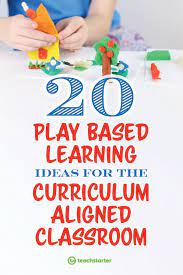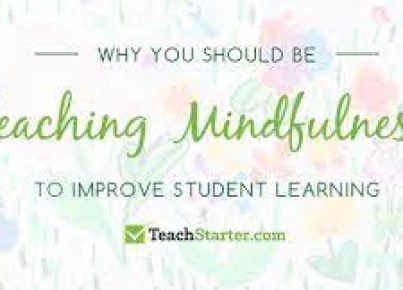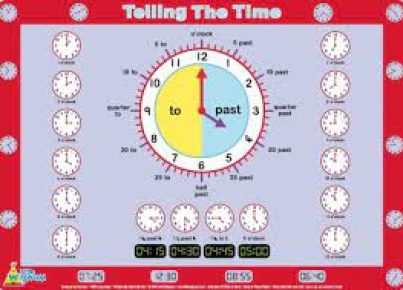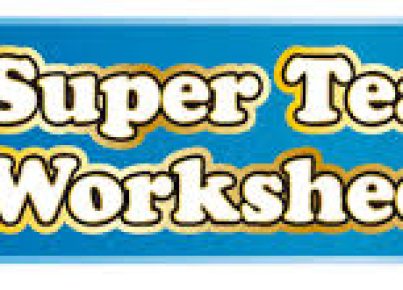Incorporating play into the classroom is a powerful approach that promotes engagement and enhances learning. The following are 20 play-based learning ideas tailored to align with various curricular areas, ensuring educational objectives are met through playful experiences:
1. Mathematical Treasure Hunt: Set up a treasure hunt where students solve math problems to get clues leading them to the treasure.
2. Storytelling Puppetry: Using puppets, children can create and perform their versions of stories from the language arts curriculum.
3. Historical Role-Play: Students can assume the roles of historical figures and reenact important events, deepening their understanding of history.
4. Science Lab Mystery: Design a mock crime scene investigation where students must use scientific methods and knowledge to solve a mystery.
5. Musical Fractions: Use music and rhythm to teach fractions; different musical notes represent different fractions.
6. Art Gallery Walk: Students create artworks based on topics they’re studying and then host a gallery walk to discuss their pieces from an art critic perspective.
7. Weather Station Dramatization: Create a pretend weather station in class where kids can role-play meteorologists reporting on weather patterns tied to their science lessons.
8. Geometric Construction Zone: Kids use blocks or building materials to construct geometric shapes and structures, integrating geometry skills with engineering play.
9. Poetry Cafe: Host a café in class where students write and perform poetry covering themes from the curriculum while practicing public speaking.
10. Environmental Stewardship Garden: Plant a class garden where students learn about plants, ecology, and sustainability, aligning with science standards.
11. Fitness Fractions: Incorporate physical education by using exercises like jumping jacks or sprints to teach concepts like fractions or sequences.
12. Simulated Economics Market: Run a classroom market where students learn about supply and demand through buying and selling play items with fake currency.
13. Literary Character Costume Day: Have children dress as their favorite book character for a day, promoting comprehension and engagement with literature.
14. Biography Interviews: Students research and then “become” an important figure, getting interviewed by classmates about their lives.
15. Periodic Table Battleship: Teach chemical elements by adapting the classic game of Battleship into a learning experience about the periodic table.
16. Civic Duty Simulation: Run a mock election or debate on classroom rules or broader issues, emphasizing social studies curriculum on government and responsibility.
17. Fraction Pizza Party: Use pizza (real or play) divided into sections to teach fractions in an appetizing manner that stimulates mathematical thinking.
18. Explorer Expeditions: Turn the classroom into different biomes or historical sites that students explore as early explorers learning geography and social studies content.
19. Grammar Gardeners: For each gardening action (digging, planting, watering), students must perform a grammar task relevant to their current lessons (naming parts of speech, conjugating verbs).
20. Technology Coding Games: Introduce basic coding concepts using games and challenges that require logical thinking and problem-solving skills aligned with technology standards in education.





